Feminist cooperative Almena works on the project ‘Feminist shelter: Let’s transform together’, and its main objective is to contribute to the well-being of women, teenagers and girls applying for asylum on the border between Mexico and Guatemala.
Women experience serious difficulties and obstacles during the migration processes. They often escape from their homes and countries of origin where they were already experiencing violence and their rights were being violated. The border between Mexico and Guatemala is among the most dangerous borders in the world to cross, due to the enormously high level of physical, psychological, economic and institutional violence.
For example, one of the situations that migrant people suffer is falling into the hands of the so-called ‘coyotes’, people who, in exchange of a considerable amount of money, promise help and company to approach the border. These are usually scams, often leaving and abandoning families in the middle of nowhere.
Furthermore, although a large number of women and families manage to cross the border, they are constantly intercepted by the authorities. They transport them to detention centers for people in migratory processes and retain them as if they were in prison. They separate women from their families and suppress them to all kinds of violence. It must be specified that Mexico is not a migratory destination. The border is a transit area for people who want to reach the United States.
Guaranteeing migration processes without violence
Due to the consequences of these situations, the feminist cooperative Almena launched the project ‘Femist shelter: Let’s transform together’, an international cooperation initiative also lead by the Mexican organization Formación y Capacitación A.C and the feminist organization Creación Positiva.
“The project has two main objectives: to help women, teenagers and girls who apply for asylum and refuge, and to guarantee migrations free from violence,” says Maritza Sore, a member of the feminist cooperative Almena. From there, other purposes are branched out, such as improving the conditions of care, protection and accompaniment of women during migratory processes and generating an impact on migrant reception in Catalonia.
"Perhaps ten years ago it was a very important proposal and it had a lot of impact and incidence, but the current gender policies are very standard. They have not been reassessed," Sore admits. The cooperative believes that a more specific feminist point of view needs to be incorporated, one that responds to the specific needs of women and their families.
Reception centers to shelter women
The actions carried out in the project happen in Catalonia and Mexico. In the cities of Tuxla Gutiérrez, Comitán and San Cristóbal de las Casas, located in the South American country and near the border, are three 'day houses', in which women are given attention and guidance, their empowerment is strengthened and they can participate in talks and workshops of psychological and emotional support, as well as providing training on migration routes.
Unlike Catalonia, Mexico is an area of passage to the United States from Central America, therefore, the main function of the ‘day houses’ is to provide shelter for women and their families for as long as they need before returning to the migration route.
“We provide them with information on what will they find at the next border, which are their rights and how they can access them... many of the outbreaks of violence that occur during the migration process are linked to disinformation,” Sore notes. According to the entity's figures, in October 2022, nearly two thousand people were admitted among the three 'day houses’.
The struggle of transforming reception policies
The education for the development part of the project is held in Barcelona. This branch focuses specifically on influencing the political and social areas of the migratory processes reception the territory. In October, for example, members of Formación y Capacitación A.C and different organizations and institutions working the reception in Catalonia participated in a seminar organized by Almena.
“A space for conversation, union, reflection and exchange was created. We laid the cards on the table and talked about what is being done in Catalonia and how the work experience of fellow Mexican women could be taken into account to impact the Catalan model of migratory reception,” Almena’s member explains.
As the project promoters rightly point out, the migratory reception must consider and protect people's different origins and prospects of life. There is not only a valid cultural model, therefore, we must prevent the invisibility of the various nationalities and not impose customs and traditions on others.
The project’s future challenges
Thanks to this seminar and a fieldwork carried out by the cooperative, Almena plans to design, in the coming months, a tool to influence the social and political spheres based on the good practices that are developed in Mexico, in order to transform and adapt them to the Catalan context. Once ready, it will be presented to the Parliament of Catalonia, Spain and Europe.
In addition, they are also working to organize an international online seminar, in which members of European organizations can attend to further enhance reception actions and influence the situation on the border between Mexico and Guatemala. “It is important to emphasize that it is absolutely necessary to apply feminist, intercultural, intersectional and anti-racist perspectives,” says Maritza Sore.
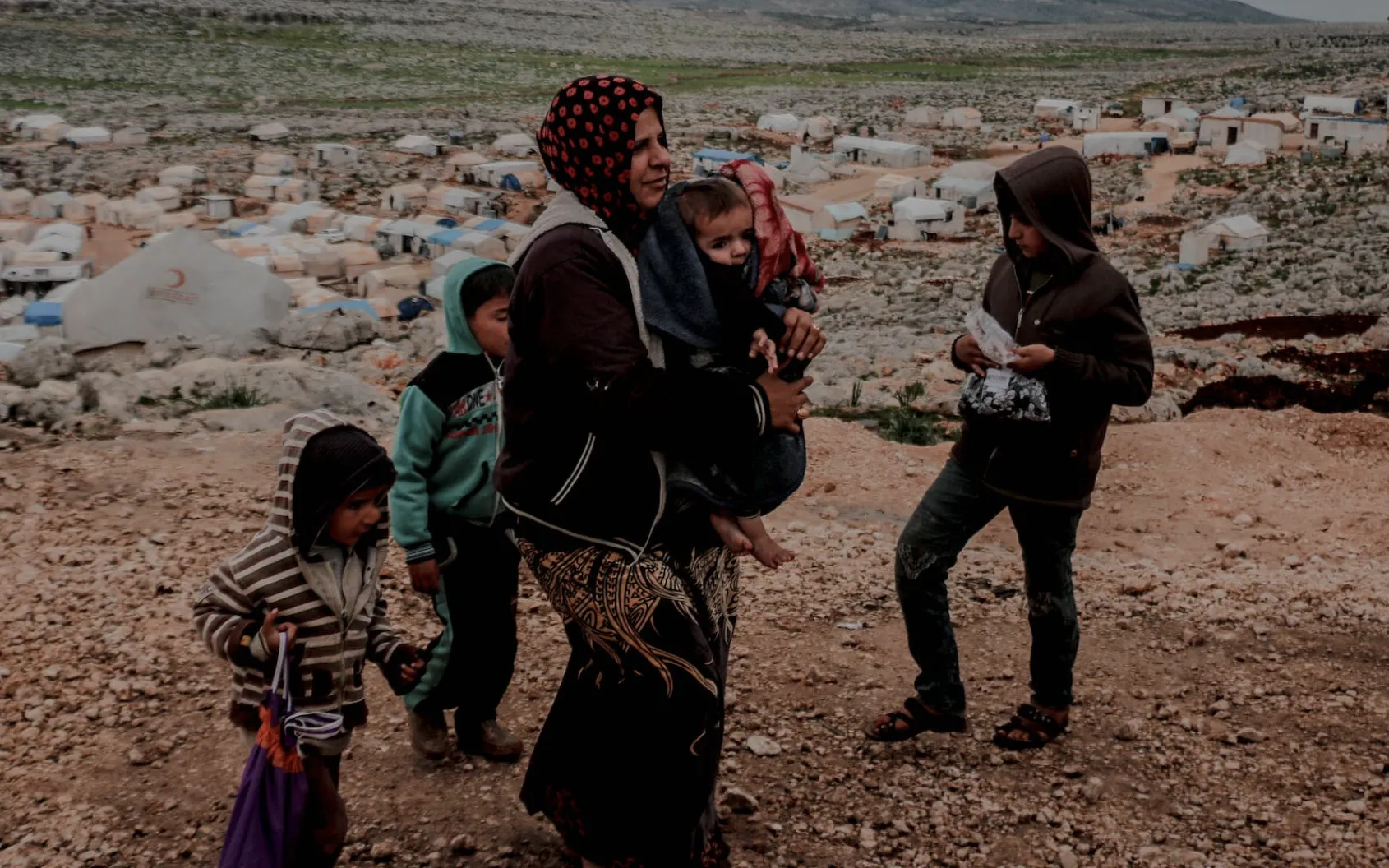
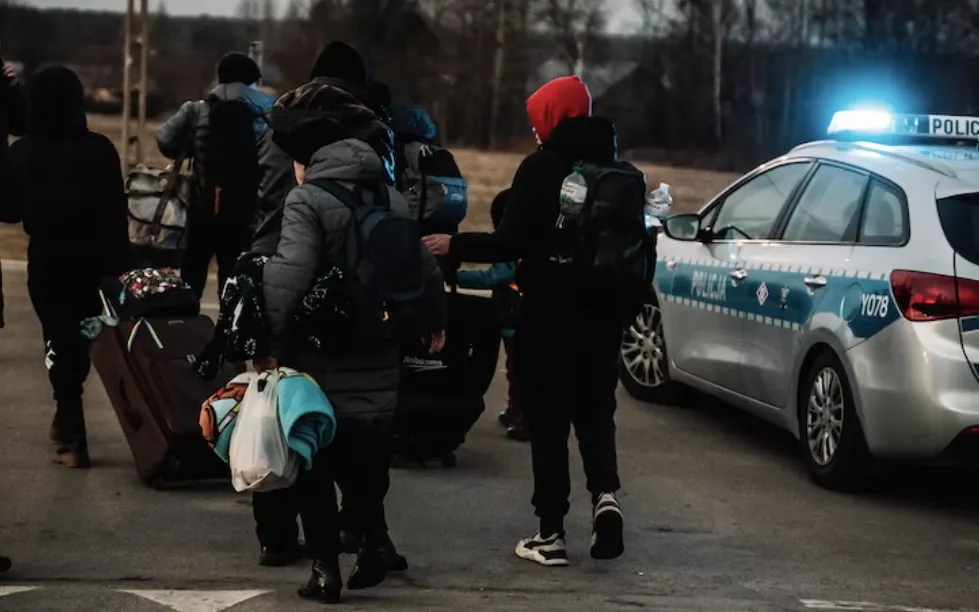
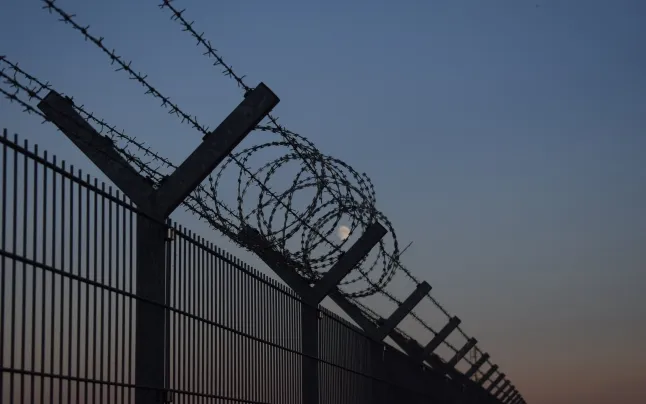


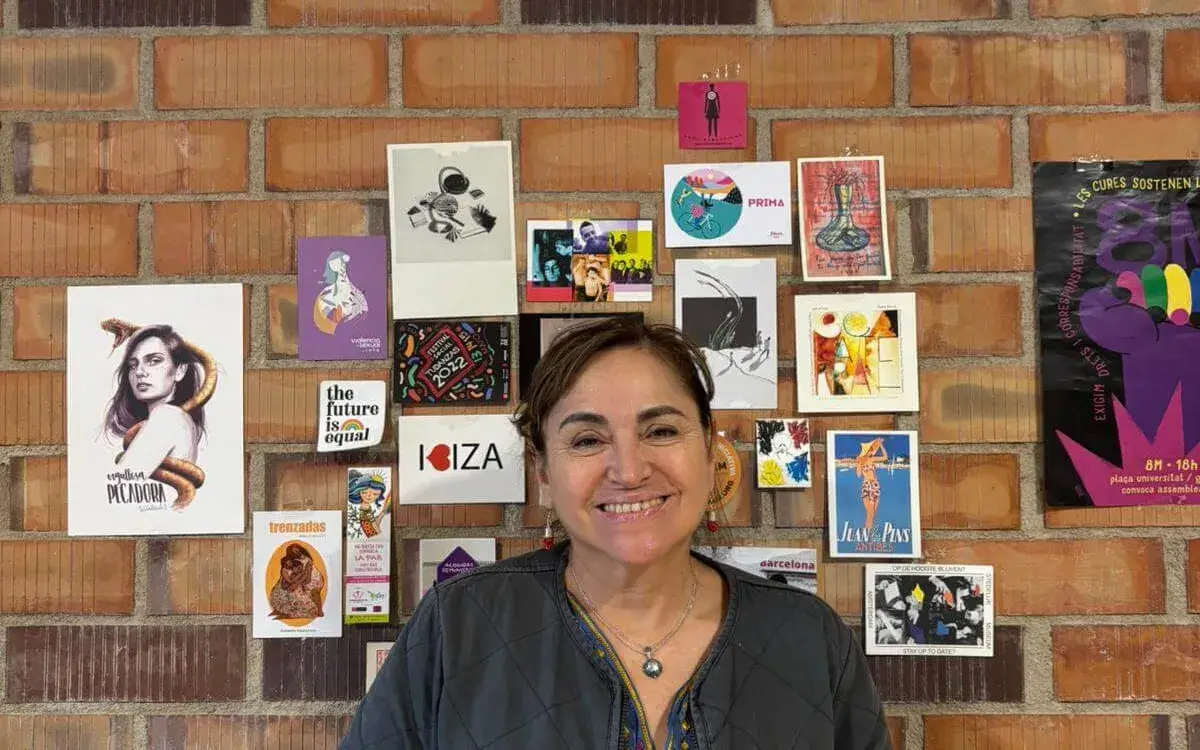
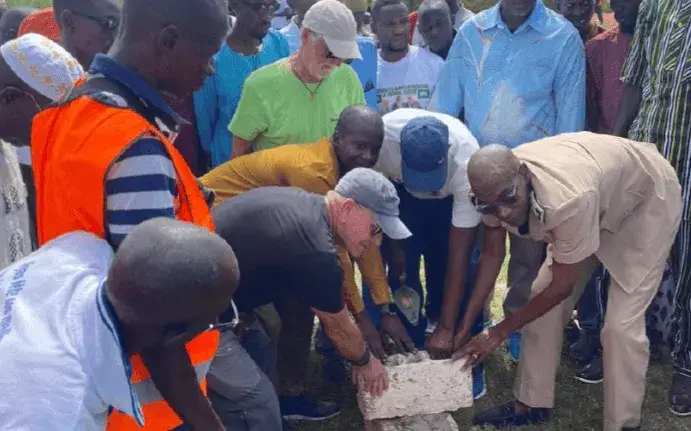
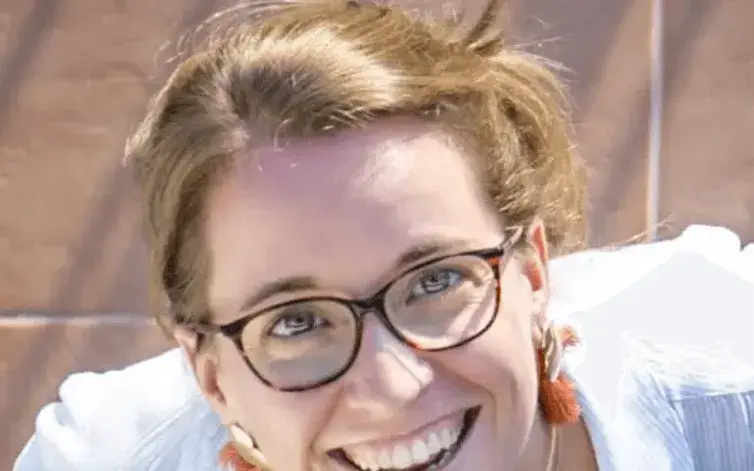

Add new comment